- Superpower Daily
- Posts
- OpenAI brings ChatGPT to your landline
OpenAI brings ChatGPT to your landline
Google releases its own ‘reasoning’ AI model
In today’s email:
🖼️ Instagram teases AI editing tools that will completely reimagine your videos
🪓 Apple urged to axe AI feature after false headline
🤑 GitHub Copilot is now available for free
🧰 9 new AI-powered tools and resources. Make sure to check the online version for the full list of tools.



OpenAI has introduced a new way for users to interact with its ChatGPT chatbot: a phone line, 1-800-CHATGPT. U.S. users can call the number for 15 minutes of free access each month, while global users have the option to send messages via WhatsApp. OpenAI describes the service as a simple and affordable method for people to engage with its AI through familiar communication channels. The announcement was part of the company’s broader 12-day release event, which also unveiled "Sora," a highly anticipated AI video-generation tool.
This move aligns with OpenAI’s recent efforts to expand its user base and compete in the rapidly growing generative AI market. The company has been rolling out features like a built-in search capability within ChatGPT and hiring its first chief marketing officer, signaling its intent to challenge tech giants like Google, Microsoft, and Amazon. The market for generative AI is projected to exceed $1 trillion in revenue within the next decade, and OpenAI is bolstering its resources with a $4 billion credit line and a valuation of $157 billion as of its October funding round.
The 1-800 service doesn’t require users to create an account, but OpenAI has hinted at plans to integrate WhatsApp interactions with existing ChatGPT credentials in the future. The phone-based tool was reportedly built in just a few weeks, highlighting the company’s fast-paced development cycle. This latest initiative further demonstrates OpenAI’s ambition to stay ahead in the competitive AI landscape by making its technology more accessible and versatile.
Thousands of startups use Notion as a connected workspace to create and share docs, take notes, manage projects, and organize knowledge—all in one place. We’re partnering with Notion to offer 6 months of new Plus plans, including unlimited Notion AI so you can try it all for free!
To redeem the Notion for Startups offer:
Submit an application using our custom link: https://ntn.so/superpowerdaily and select Superpower Daily on the partner list.
Include our partner key, STARTUP4110P37060.

Google has introduced a new experimental AI model called Gemini 2.0 Flash Thinking Experimental, emphasizing advanced reasoning capabilities. Hosted on Google’s AI Studio, this model is designed for tasks involving multimodal understanding, complex problem-solving, and coding. It builds on the Gemini 2.0 Flash framework and incorporates self-checking techniques to enhance accuracy in fields like math, programming, and physics. Jeff Dean, Google DeepMind’s chief scientist, highlighted its focus on using "thoughts" to bolster reasoning, while Logan Kilpatrick, product lead for AI Studio, described it as the “first step” in Google’s journey toward improving AI reasoning.
The model distinguishes itself by pausing to consider related prompts and explaining its reasoning process before summarizing a final answer. However, its performance has proven inconsistent, as seen when it inaccurately counted the letters in the word "strawberry." Like similar models such as OpenAI’s o1, Gemini 2.0 Flash Thinking Experimental trades speed for precision, taking seconds to minutes to respond due to its computationally intensive reasoning approach. Despite these drawbacks, reasoning models like Gemini are becoming a competitive focus among AI labs, with other companies like DeepSeek and Alibaba releasing their own alternatives.
The rise of reasoning models reflects a broader shift in AI development as brute-force scaling techniques show diminishing returns. These models aim to refine generative AI by emphasizing accuracy and logical inference, but challenges remain. Critics point to their high computational costs and uncertain long-term progress, raising questions about their scalability. Google, however, is heavily invested, with over 200 researchers working on reasoning AI, signaling its belief in the potential of this emerging technology despite the hurdles.
:format(webp)/cdn.vox-cdn.com/uploads/chorus_asset/file/25797424/Instagram_AI_video_editor_teaser.jpg)
Instagram is gearing up to launch a groundbreaking AI editing feature next year that will allow users to transform videos with simple text prompts. The tool is powered by Meta’s Movie Gen AI model, which was first unveiled in October, and aims to give creators the ability to modify nearly any aspect of their videos. Instagram’s head, Adam Mosseri, previewed the technology in a teaser video, showcasing its ability to change outfits, backgrounds, and even transform appearances — including turning Mosseri into a felt puppet. The goal is to make advanced video editing accessible to users without requiring extensive technical skills.
The teaser highlights the tool's ability to make intricate changes, such as adding objects to a scene or altering clothing, without distorting the original video. In one example, Mosseri's outfit seamlessly changes, and new accessories, like a gold chain, are added without affecting the surrounding elements. While the preview looks polished, the snippets are brief, leaving room for speculation about how well the feature will perform in real-world scenarios. The early hype around similar AI video models, such as OpenAI’s Sora, showed promising previews but faced criticism for falling short in practical use cases, raising questions about whether Instagram's tool will meet expectations.
Meta’s Movie Gen AI model is designed to preserve human identity and motion during edits, setting it apart from competing technologies like Adobe’s Firefly Video model and OpenAI’s Sora. While Adobe has already incorporated AI text-to-video editing tools into its Premiere Pro beta, Meta has yet to announce a public release date for Movie Gen. Instagram is confirmed as the first platform to integrate the model, signaling a significant step forward for Meta in the competitive AI-driven video editing landscape.
Other stuff
The promise and warning of Truth Terminal, the AI bot that secured $50,000 in bitcoin from Marc Andreessen
Apple urged to axe AI feature after false headline
Google’s Gemini is forcing contractors to rate AI responses outside their expertise
China’s AI elite rethink their Silicon Valley dream jobs
How to Create GPT to Take Meeting Notes
GitHub Copilot is now available for free
Best-of-N (BoN) Jailbreaking, a simple black-box algorithm that jailbreaks frontier AI systems across modalities.
I was today years old when I found out how to activate chat GPTs recursive learning functionality
All your ChatGPT images in one place 🎉
You can now search for images, see their prompts, and download all images in one place.


Meta Video Seal - A state-of-the-art, open-source model for video watermarking

Otterly.AI - Monitor brand & link visibility on ChatGPT, Perplexity & AIO

Your daily AI dose
Mindstream is the HubSpot Media Network’s hottest new property. Stay on top of AI, learn how to apply it… and actually enjoy reading. Imagine that.
Our small team of actual humans spends their whole day creating a newsletter that’s loved by over 150,000 readers. Why not give us a try?
Gemini Code Assist - Google's AI-powered code assistance for faster development
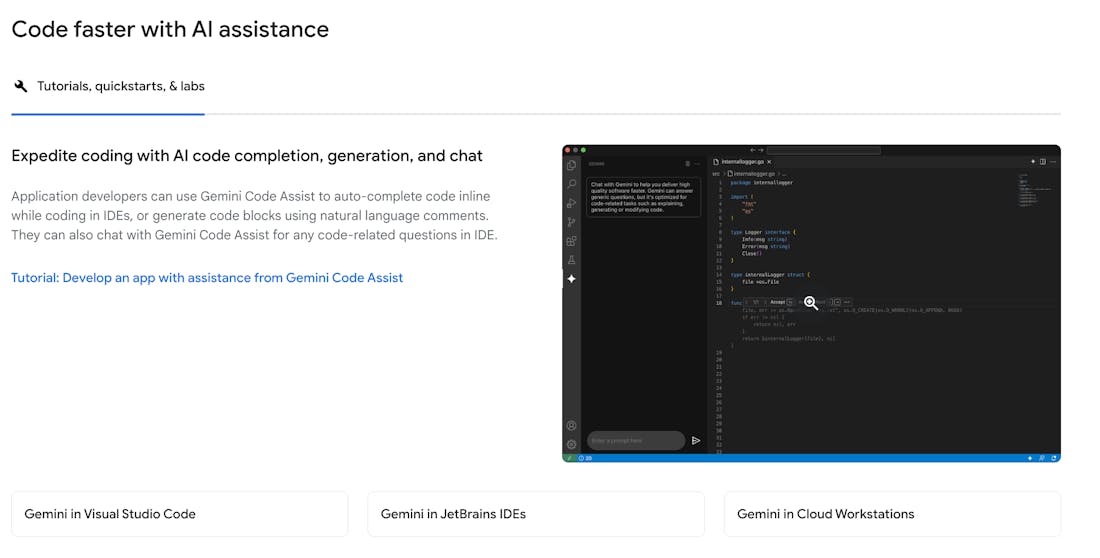
Tempo Labs - Visual Editor for React, powered by AI
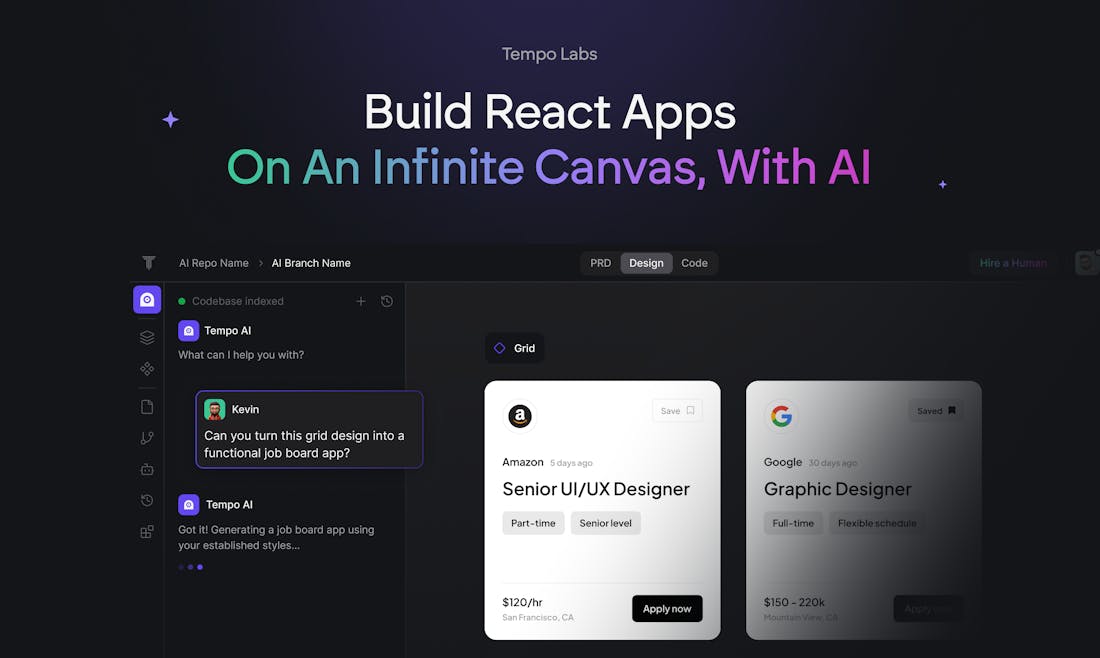
Trickle - Build stunning AI Apps, Websites, and Forms with ease
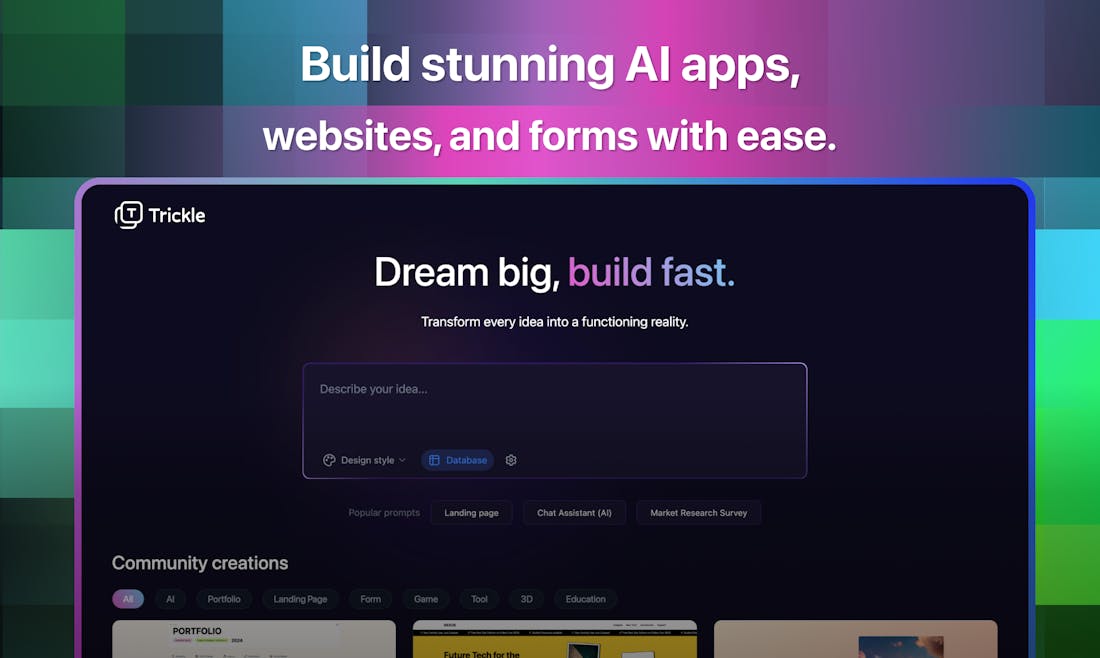
GenFuse AI - Automate any work with AI agents. No technical skills needed
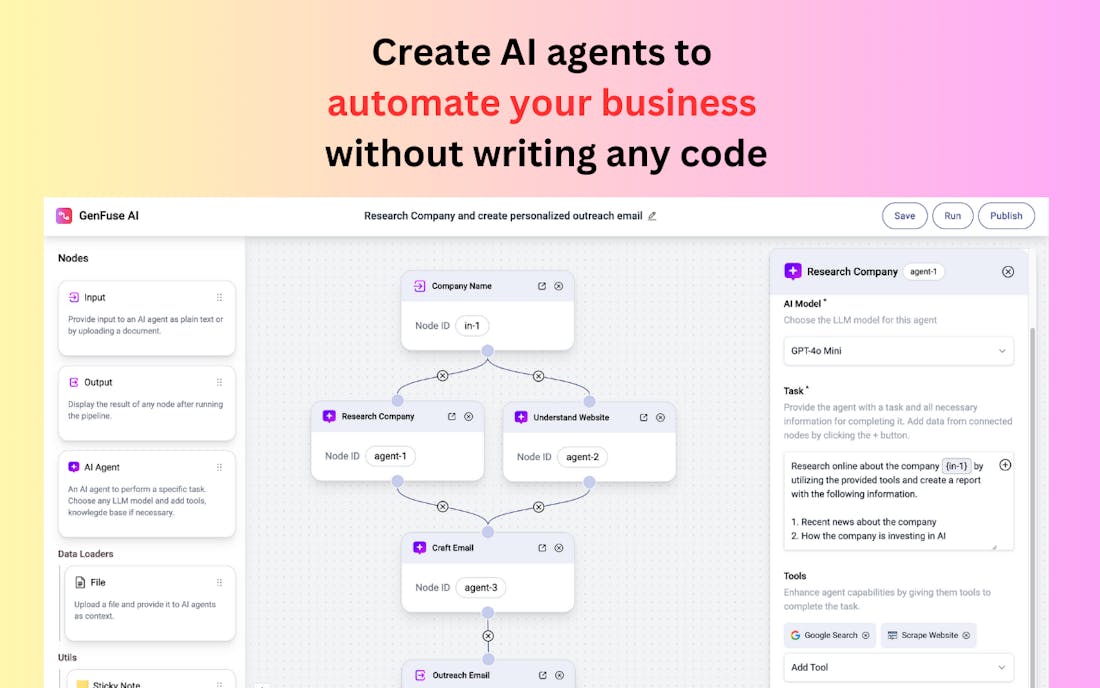
Revv Invest - A magical way to invest in AI, space & other frontier stocks
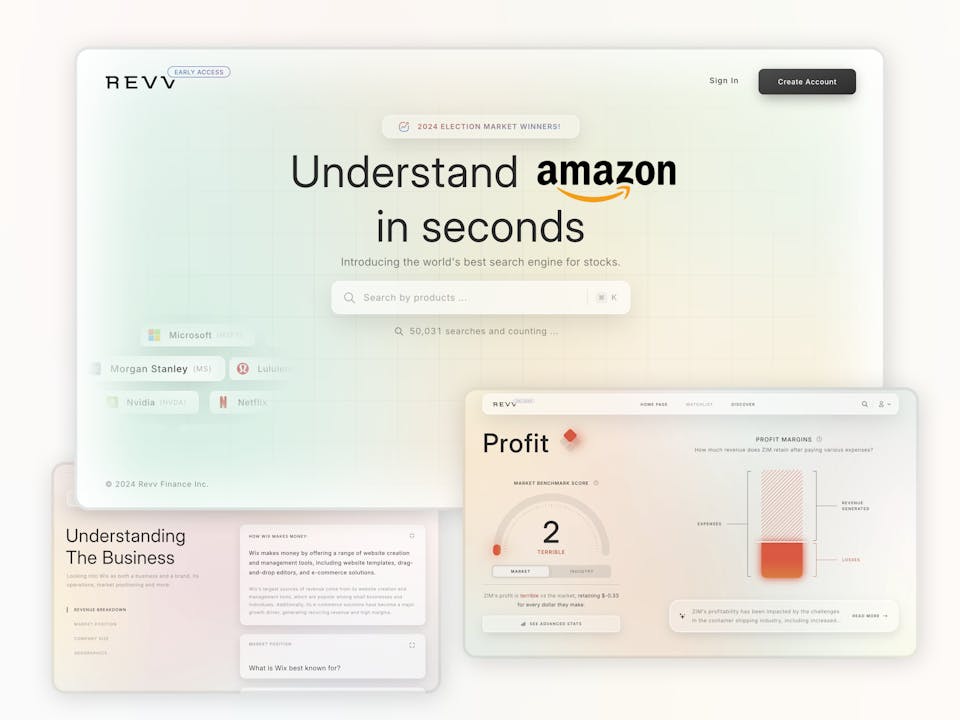
Impakt AI App - AI Coach that can see, talk, and instruct

TemPolor - AI-powered royalty-free music platform


Unclassified 🌀
100 School: Learn new tech skills in just 30 min a day. Free, fun, and effective bite-sized lessons delivered to your inbox daily.


How did you like today’s newsletter? |
Help share Superpower
⚡️ Be the Highlight of Someone's Day - Think a friend would enjoy this? Go ahead and forward it. They'll thank you for it!
Hope you enjoyed today's newsletter
Did you know you can add Superpower Daily to your RSS feed https://rss.beehiiv.com/feeds/GcFiF2T4I5.xml
⚡️ Join over 200,000 people using the Superpower ChatGPT extension on Chrome and Firefox.
OR


